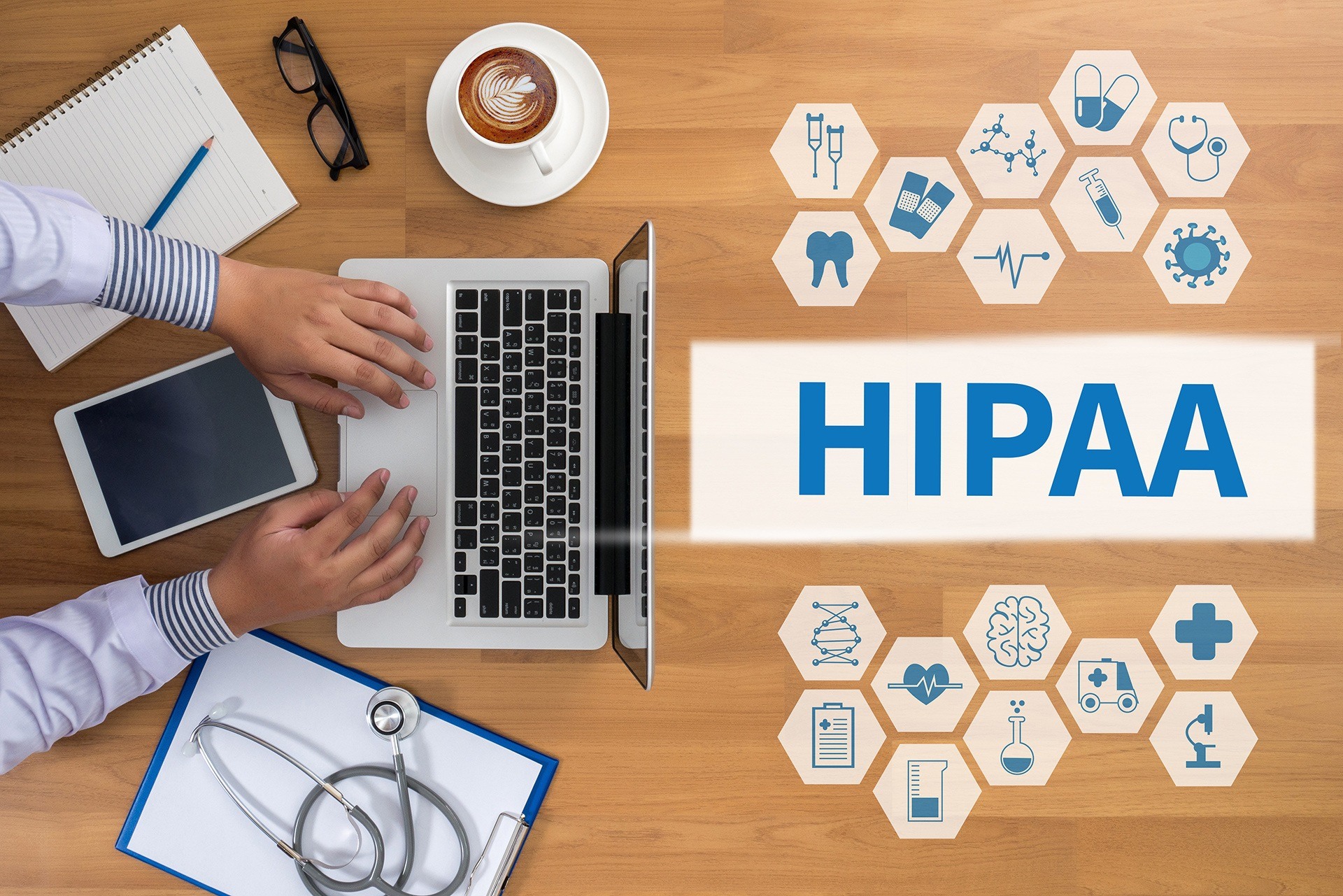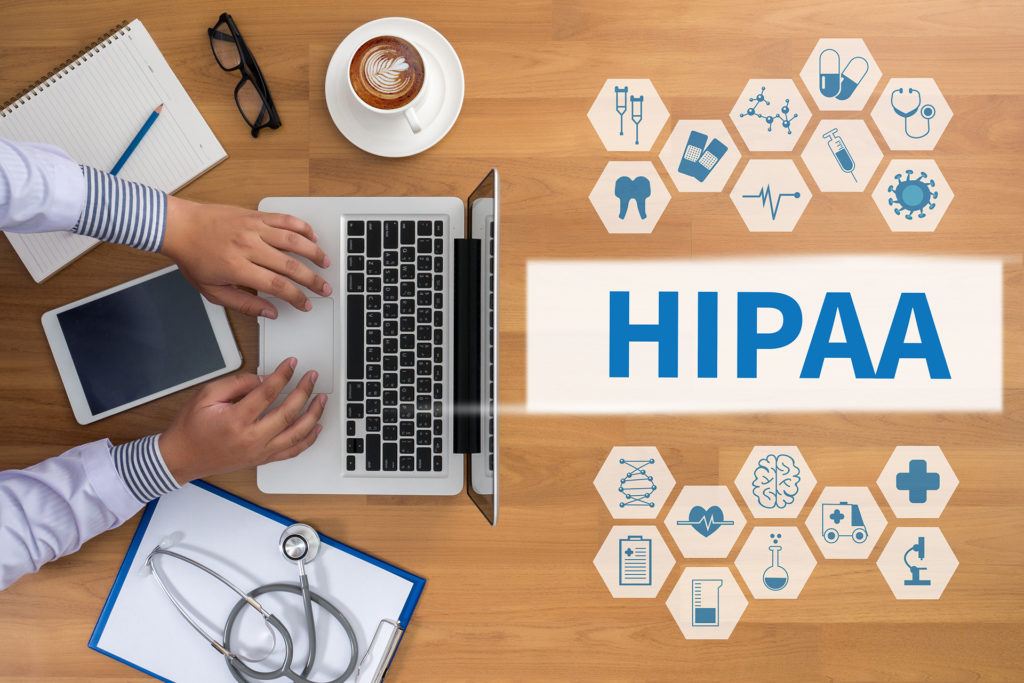3 Things You Need To Do Now
With how many of our daily activities are making their way online, it is more important than ever to know how to stay safe on the internet and protect your personal information.
Every time you log in to your online banking, make a purchase from an online merchant, or even send an email with personal information, you are putting yourself at risk for identity theft and other information crimes if you are not taking the proper precautions.
Stop Using Weak Passwords
We know, your dog’s name or kids birthday is easy to remember, but it is also incredibly easy for any would-be identity thief to discover, especially if you are not employing good safety tactics on your social media. Never use the same password for multiple accounts, and don’t use names, birthdays, or other personal information as your password.
It may be more difficult to remember, but a random string on numbers and letters is often your most secure option. Trust us, remembering a better password is much easier than dealing with the fallout that can come from weak security.
Secure Your Social Media
Your social media by nature is going to be a treasure trove of personal and sensitive information. Because of this, you need to make sure not everybody can see your every update. Change your setting so that the majority of your information can only be viewed by people you actually know.
An unprotected social media page can provide a potential hacker or identity thief with all the information they need to wreck your digital world. Keep your updates to your inner circle and screen all new additions carefully. It doesn’t hurt to actually verify an add request in person, fake profiles are an increasingly common tactic for cyber criminals.
Always Keep Your Antivirus Software Up To Date
Viruses and malware are ever evolving, and even a couple of missed updates can spell disaster for your internet security. One keylogger is all it takes to nullify every other security step you have taken.
Don’t forget to periodically run a full antivirus scan on your computer either. Sometimes bugs can slip past the first lines of defense. If at any point you feel your computer may be infected, whether or not your antivirus software is picking anything up, consult a computer professional right away. Your information security is nothing to take lightly.
For more ways to keep yourself safe and secure online, contact us today.






